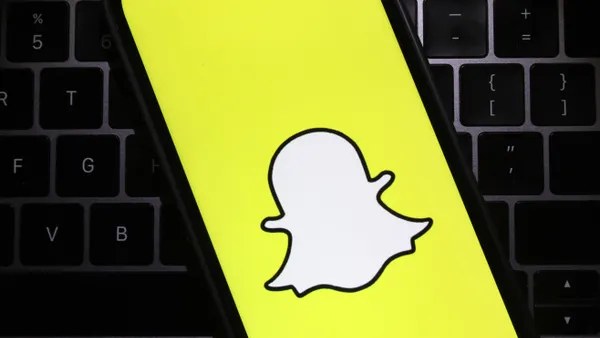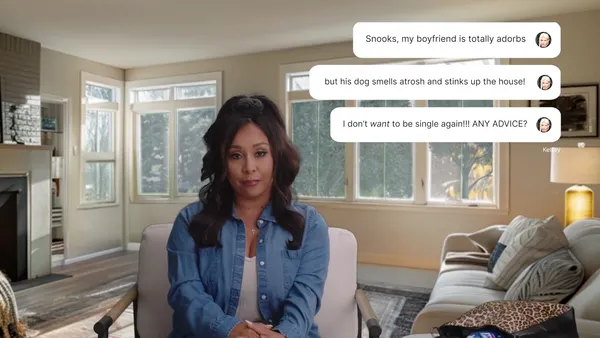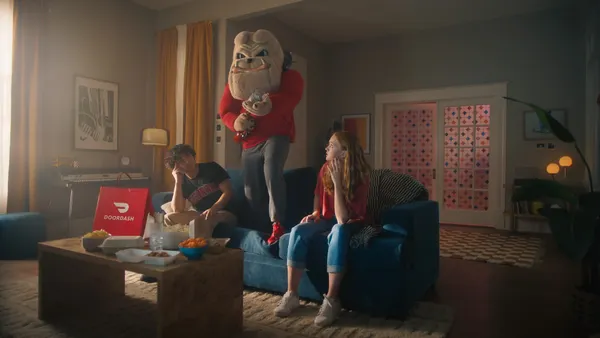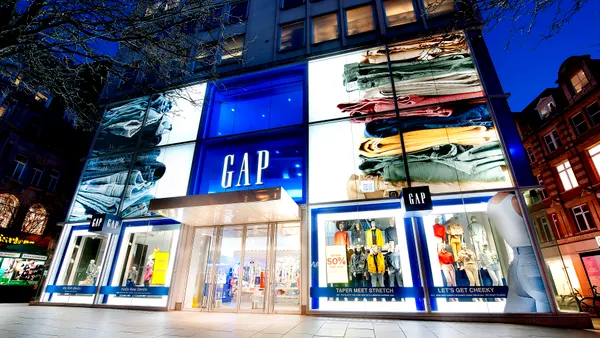Dive Brief:
- Jeep and the World Surf League teamed on a 360-degree video experience, "Jeep Sessions: A Surfing Journey in 360°," per news made available to Marketing Dive. The effort, created by Rapid VR, follows WSL Championship Tour surfers Jordy Smith and Malia Manual as they drive around Oahu, Hawaii in Jeep vehicles looking for the best waves.
- Viewers can access the content as a 360-degree video on YouTube using a headset, desktop or mobile device, or via the "Jeep Sessions: Surfing in 360°" app available in the iTunes, Google Play or the Oculus Gear VR app stores. Viewers can choose between exploring in Smith's 2018 Jeep Wrangler or Manuel's Jeep Renegade, and select their journey using "gaze-based interactions," where their eyes act as a controller within the experience.
- The app experience gives viewers several options presented by Hawaiian surfer Sunny Garcia, which affect the narrative and its ending. One option includes all the featured surfers sharing waves together, for example. Surf fans can participate in the VR experience at WSL events throughout the year.
Dive Insight:
Jeep is showing off its sense of adventure with the 360-degree surfing experience, part of a multi-year partnership with the WSL that renewed in early 2017. The campaign gives viewers an immersive view of Jeep vehicles' off-road capabilities as they explore scenic forests and beaches on a sort of choose-your-own-adventure quest to find the best waves.
Consumers are responsive to 360-degree video ads and branded VR content, especially when they tell a rich, interactive narrative. Video ads using 360-degree technology deliver 7% higher purchase intent on smartphones compared to traditional video ads, according to a recent study by IPG's Magna and Media Lab units done in conjunction with YuMe by RhythmOne. The study also found that 88% of users who considered 360-degree video ads to be entertaining plan to interact with similar content in the future.
VR and related technologies like 360-degree videos are increasingly being deployed by automotive brands like Jeep, letting drivers browse virtual showrooms, experiment with in-vehicle features or even take a "test drive." Automakers are hoping that VR and its sister technologies will help them lure tech-savvy millennials and Gen Z consumers, who often begin their car-buying process on digital platforms, into dealerships.












